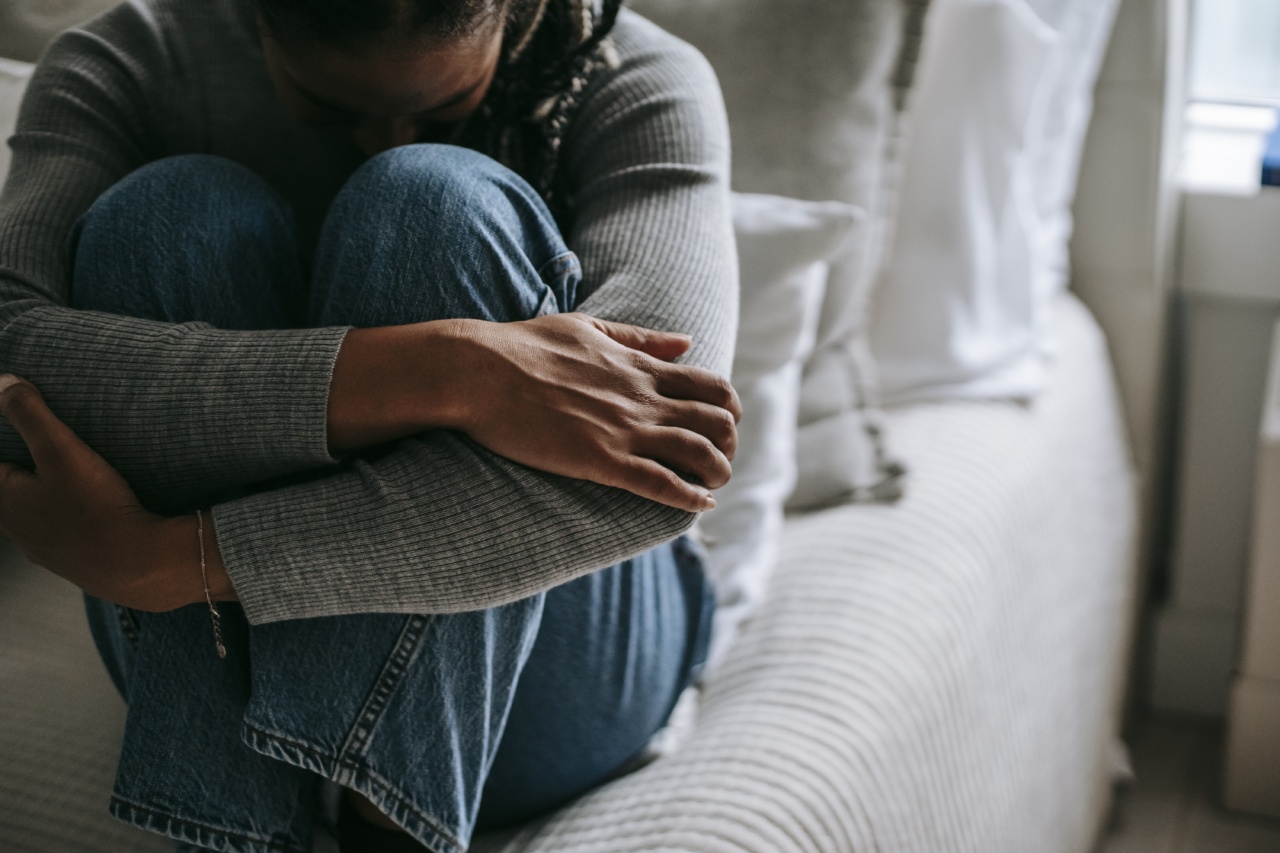It’s no secret that getting a good night’s sleep can make a world of difference in your mood and productivity the next day. But did you know that the time you go to bed can also have an impact on the number of negative thoughts you have?.
Why Does Bedtime Matter?
Researchers have found that when we don’t get enough sleep, our brains are more likely to focus on negative thoughts and emotions.
This is partly because lack of sleep can lead to increased levels of the stress hormone cortisol, which can make us feel more anxious and irritable. Additionally, when we are sleep-deprived, our brains don’t function as efficiently, making it harder to regulate our emotions.
But it’s not just the quantity of sleep that matters – the timing of your bedtime has been found to be important as well.
A study published in the Journal of Cognitive Psychology found that people who went to bed later tended to have more negative thoughts throughout the day than those who went to bed earlier. This could be because staying up late can disrupt our natural circadian rhythm, leading to increased levels of stress and anxiety.
How to Improve Your Bedtime Habits
If you’re someone who struggles with negative thoughts, adjusting your bedtime habits may be one way to help improve your mood. Here are some tips for getting a better night’s sleep:.
Stick to a Schedule
Try to go to bed and wake up around the same time every day, even on weekends. This will help regulate your body’s natural sleep cycles and make it easier to fall asleep at night.
Avoid Screens Before Bed
The blue light emitted by electronic devices like smartphones and laptops can interfere with our natural sleep rhythms. Try to avoid using screens for at least an hour before bed, and consider using a blue light filter if you must use them.
Create a Calming Bedtime Routine
Try to wind down for the evening with relaxing activities, like reading a book or taking a warm bath. This can help signal to your brain that it’s time to start preparing for sleep.
Avoid Stimulants Before Bed
Avoid consuming caffeine or alcohol in the hours leading up to bedtime, as both can interfere with sleep quality. Additionally, try to avoid vigorous exercise within a few hours of bedtime.
Create a Comfortable Sleeping Environment
Make sure your bedroom is cool, quiet, and dark. Invest in a comfortable mattress and pillow, and try using a white noise machine or ear plugs if you’re easily disturbed by noise.
Conclusion
Your bedtime habits can have a significant impact on your mental health and wellbeing. By making small changes to your routine, you may be able to improve the quality of your sleep and reduce negative thoughts and emotions throughout the day.































